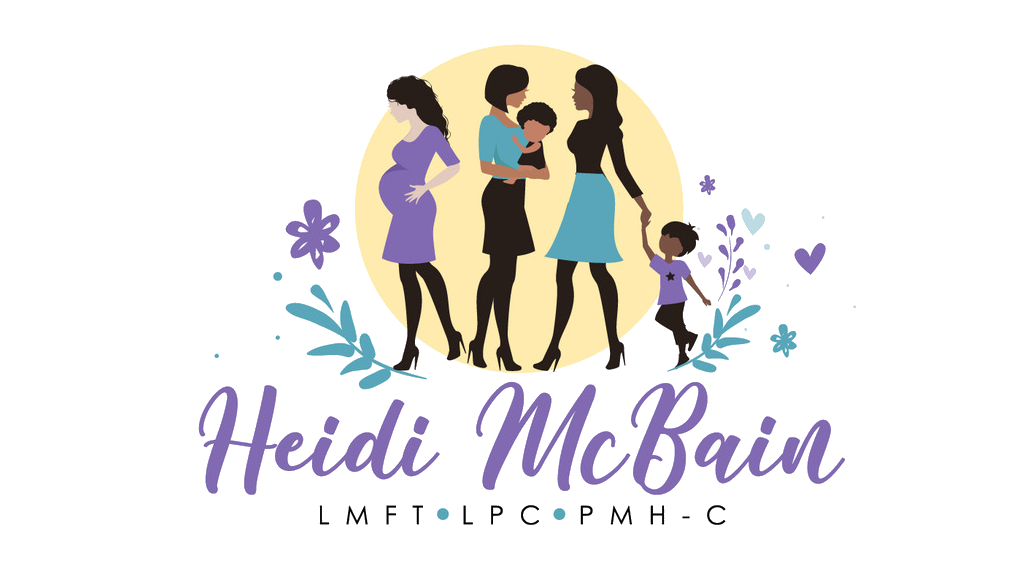

I have come to believe that caring for myself is not self-indulgent. Caring for myself is an act of survival.
-Audre Lorde
You may have seen this title and wondered what empathy fatigue is exactly. This is when you’ve been putting yourself in other people’s shoes trying to see and understand life from their perspective so you can be as supportive to them as possible. This may be something you do inside your family, often with your partner and kids, or may be something that shows up more often outside of the home at work or with friends. As amazing as empathy can be to build connections, it can also be draining if you’re not taking time and space to take care of you.
So, where are some places empathy fatigue tends to show up for people?
- Helping professions such as doctors, nurses, therapists, clergy, teachers, etc.
- Caregivers such as parents to their children, children caring for aging parents, etc.
- Medically related such as caring for a sick or disabled family member.
- Mental health related such as supporting a family member who is struggling with anxiety, depression, grief and loss, etc.
The following are some symptoms that may show up if you (or someone you know) is experiencing empathy fatigue:
- Burnout professionally- not wanting to go to work, needing a break from it all.
- Feeling overwhelmed in life.
- Being emotionally numb and disconnected emotionally from others.
- Hopelessness- not feeling like things will get better in the future.
- Feelings of anger and frustration directed towards others.
- A sense of agitation and irritability throughout the day.
- Heightened anxiety and worry about the future.
- Feeling sad/crying a lot.
- Experiencing grief and loss around how life used to be.
- Not being present and grounded here and now.
When you notice and are aware that these symptoms of empathy fatigue are showing up in your life, what should you do? Here are some coping strategies that may help you feel better and feel more like yourself again:
- Prioritizing self-care- meditation, journaling, exercise, eating healthy, getting enough sleep, hydration, etc.
- Emotionally connecting with others through being vulnerable about how you’re really doing.
- Setting clear boundaries to better protect your time and emotional well-being.
- Taking breaks to recharge throughout your day when symptoms show up.
- Talking to a counselor to figure out where your empathy fatigue is stemming from and ways you can better take care of you.
- Find fulfillment outside of work and home such as a hobby you look forward to taking part in.
Be on the lookout for empathy fatigue in your own life. Even if it may not be showing up directly for you, it may be showing up for someone in your close circle such as a friend, family member, coworker, etc.



